January 18, 2022
How to provide a great place to work for remote workers
 Remote working swiftly evolved from a stopgap lockdown solution into a globally successful workstyle – and it’s set to stay. According to research quoted by CityAM, “84 per cent of UK businesses plan on having a hybrid, flexible or remote workforce following the pandemic”. Some companies, like Deloitte, have placed all bets on remote in closing their offices and basing employees from home, enjoying a vast reduction in operational costs. This flexibility has offered immediate benefits for remote workers, ranging from lifestyle and financial to positive influences on wellbeing. Workers in particular social groups have experienced life-changing situations, securing work in previously inaccessible geographic locations. (more…)
Remote working swiftly evolved from a stopgap lockdown solution into a globally successful workstyle – and it’s set to stay. According to research quoted by CityAM, “84 per cent of UK businesses plan on having a hybrid, flexible or remote workforce following the pandemic”. Some companies, like Deloitte, have placed all bets on remote in closing their offices and basing employees from home, enjoying a vast reduction in operational costs. This flexibility has offered immediate benefits for remote workers, ranging from lifestyle and financial to positive influences on wellbeing. Workers in particular social groups have experienced life-changing situations, securing work in previously inaccessible geographic locations. (more…)




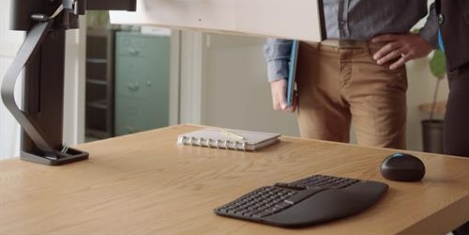

 The last 18 months have seen unprecedented change. Covid-19 has forced people to re-evaluate every aspect of their lives, including their career. As a result, we’ve seen a surge in workers taking charge of their careers and leaving their jobs as part of the so-called Great Resignation. Recent data from the
The last 18 months have seen unprecedented change. Covid-19 has forced people to re-evaluate every aspect of their lives, including their career. As a result, we’ve seen a surge in workers taking charge of their careers and leaving their jobs as part of the so-called Great Resignation. Recent data from the 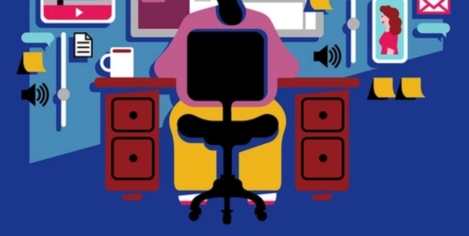
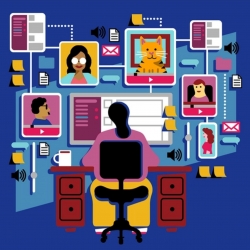 After nearly two turbulent years, which for many knowledge workers have been dominated by a ground-hog day like existence, people are looking for change. This is only natural as workers around the world are re-evaluating their priorities, reigniting their passions, or simply looking for something new. This has led to a mini-exodus from businesses, which is now being dubbed the ‘
After nearly two turbulent years, which for many knowledge workers have been dominated by a ground-hog day like existence, people are looking for change. This is only natural as workers around the world are re-evaluating their priorities, reigniting their passions, or simply looking for something new. This has led to a mini-exodus from businesses, which is now being dubbed the ‘
 The 4th January was the first working day of 2022 for many employees, but due to ongoing working from home restrictions the majority will not be attending their usual workplaces. According to the latest research from the Institute of Workplace and Facilities Management (
The 4th January was the first working day of 2022 for many employees, but due to ongoing working from home restrictions the majority will not be attending their usual workplaces. According to the latest research from the Institute of Workplace and Facilities Management (
 Four out of ten employers (42 percent) from across the UK have admitted they would likely seek to terminate an employees’ contract if they were homeless, despite nearly one in four households in England being at risk of or experiencing homelessness, claims a new report by
Four out of ten employers (42 percent) from across the UK have admitted they would likely seek to terminate an employees’ contract if they were homeless, despite nearly one in four households in England being at risk of or experiencing homelessness, claims a new report by 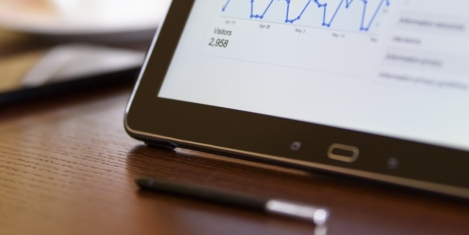
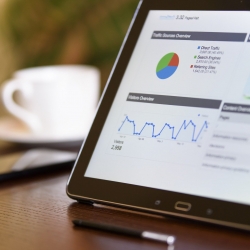 Property investors are not considering how the indoor conditions of a building will impact upon human health due to poor data, a new survey suggests. The
Property investors are not considering how the indoor conditions of a building will impact upon human health due to poor data, a new survey suggests. The 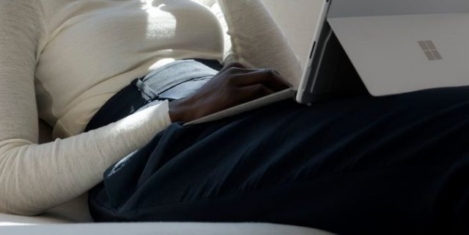
 More than half (51 percent) of UK workers who currently have the choice to mix remote and office working would consider leaving their company if this hybrid option was removed, according to new
More than half (51 percent) of UK workers who currently have the choice to mix remote and office working would consider leaving their company if this hybrid option was removed, according to new 
 The
The 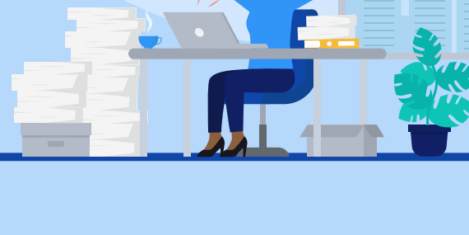
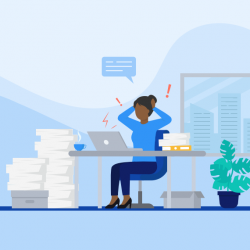 According to a new report findings unreliable IT service and equipment (in-office or remote) was the third most influential factor for employee turnover or burnout, behind poor salary and an unhealthy work culture. Almost 20 percent of all respondents would opt to leave their job because of a poor IT experience. The
According to a new report findings unreliable IT service and equipment (in-office or remote) was the third most influential factor for employee turnover or burnout, behind poor salary and an unhealthy work culture. Almost 20 percent of all respondents would opt to leave their job because of a poor IT experience. The 
 World Menopause Day is held each year on 18 October and its purpose is “to raise awareness of the menopause and the support options available for improving health and wellbeing” according to the
World Menopause Day is held each year on 18 October and its purpose is “to raise awareness of the menopause and the support options available for improving health and wellbeing” according to the 







January 17, 2022
Is your office worth the journey it takes to get to it?
by Despina Katsikakis • Comment, Flexible working, Property